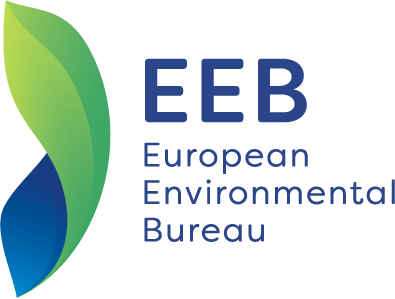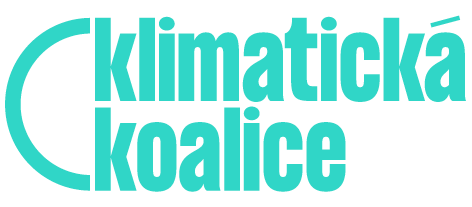Brusel, 3. 12. 2008 - In a surprise move the European Commission today rejected calls for a strengthened RoHS Directive (Directive 2002/95/EC) that would have set targets for phasing out additional hazardous substances in electronic products.
“Today’s proposed rejection of both NGOs and progressive companies support for additional substance bans has done a great disservice to those companies that are working hard to achieve green design” stated Mr Jerker Ligthart, project coordinator at ChemSec. “The current Directive has been the leading legislative policy for phasing out six of the most dangerous chemical groups used in electronics. The Commission has effectively set back the clock on further innovation in this important industry sector.”
The Commission has instead suggested not to add additional substances in the RoHS Directive, and any further work on chemical restrictions be relegated to Europe’s new chemicals policy, REACH. However, “The REACH process is still in its infancy. It is highly uncertain if and how REACH will address these hazardous chemicals in their electronics uses, explains Lisette van Vliet, Toxics Policy Advisor at HEAL. RoHS has to a large degree helped set a global standard for the electronics industry, and is well understood by the relevant supply-chains.”
“Companies have shown it is financially feasible to eliminate PVC, brominated flame retardants and other hazardous chemicals from global supply chains and these voluntary corporate commitments have proven that safer alternatives do exist,” adds Alexandra McPherson, Project Director at Clean Production Action. “The regulator should level the playing field by setting phaseout dates for these hazardous materials, effectively increasing the supply of safer substitutes and reducing their cost.”
We, the undersigned coalition of NGOs, renew our calls to the European regulators to:
1. Strengthen the RoHS Directive.
As a priority, a revised RoHS should target the phase out of elemental bromine and chlorine in electronic products as well as the phthalates used widely in PVC plastics. All these chemicals are known to disrupt the reproductive and hormonal systems and present exposure risks to workers in manufacturing and recycling plants.
2. Keep the REACH process separate from the RoHS Review.
We are strong supporters of REACH as the overarching chemicals regulation. However for chemicals regulation in the electronics sector, RoHS is the most appropriate legal instrument. REACH will be a very slow roll out of chemicals policy for all sectors not just the electronics industry. It is not a matter of double regulation: REACH regulation for these particular applications is not yet in place, while RoHS is.
For more information regarding the substances needed to be included and the rationale behind please see our previous statementhttp://www.chemsec.org/downloads/?filename=081110_rohs_ngo_joint_statement.pdf .
ChemSec, HEAL, EEB, Clean Production Action.


